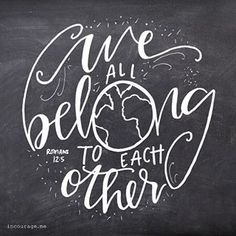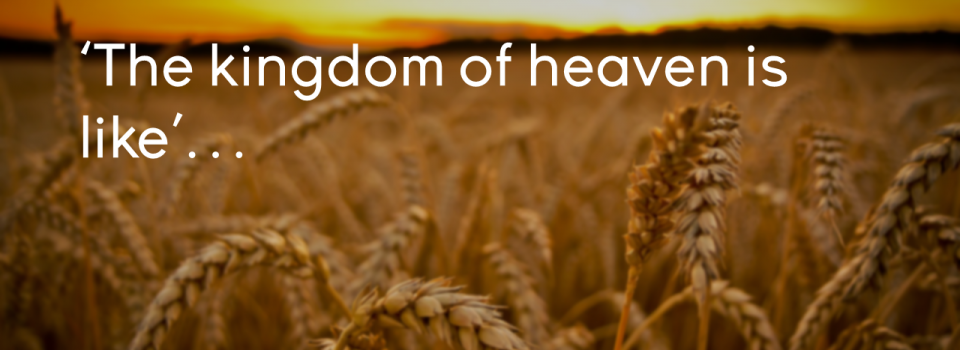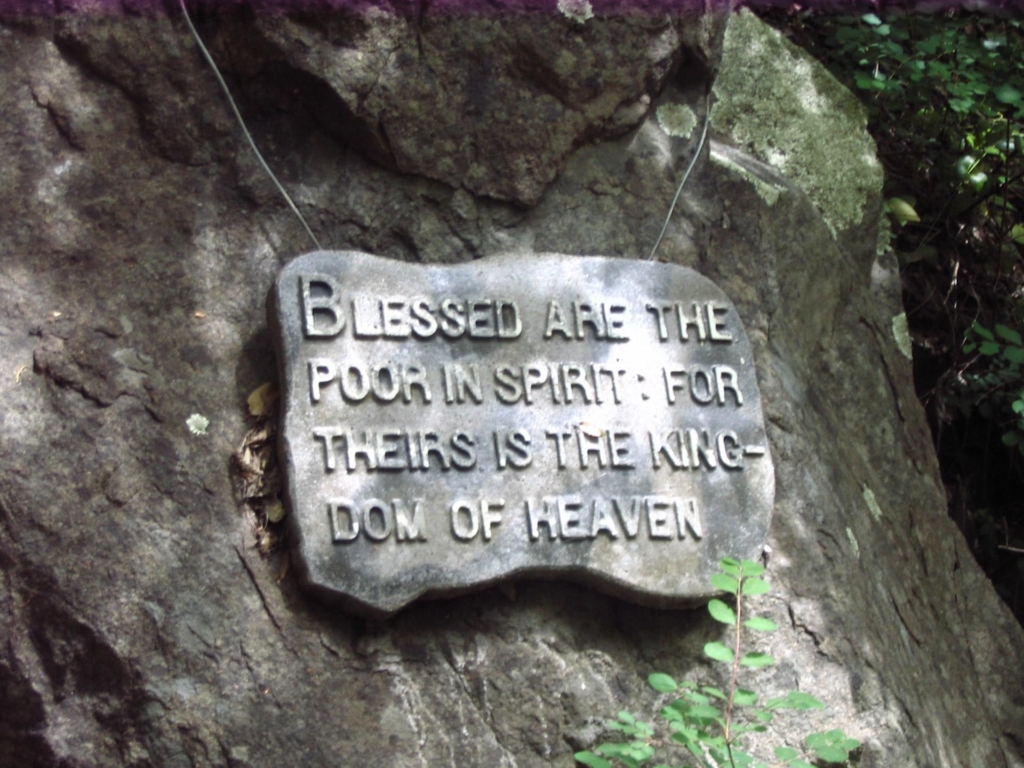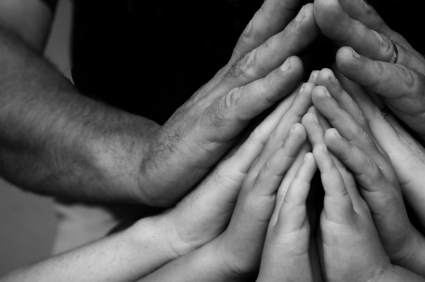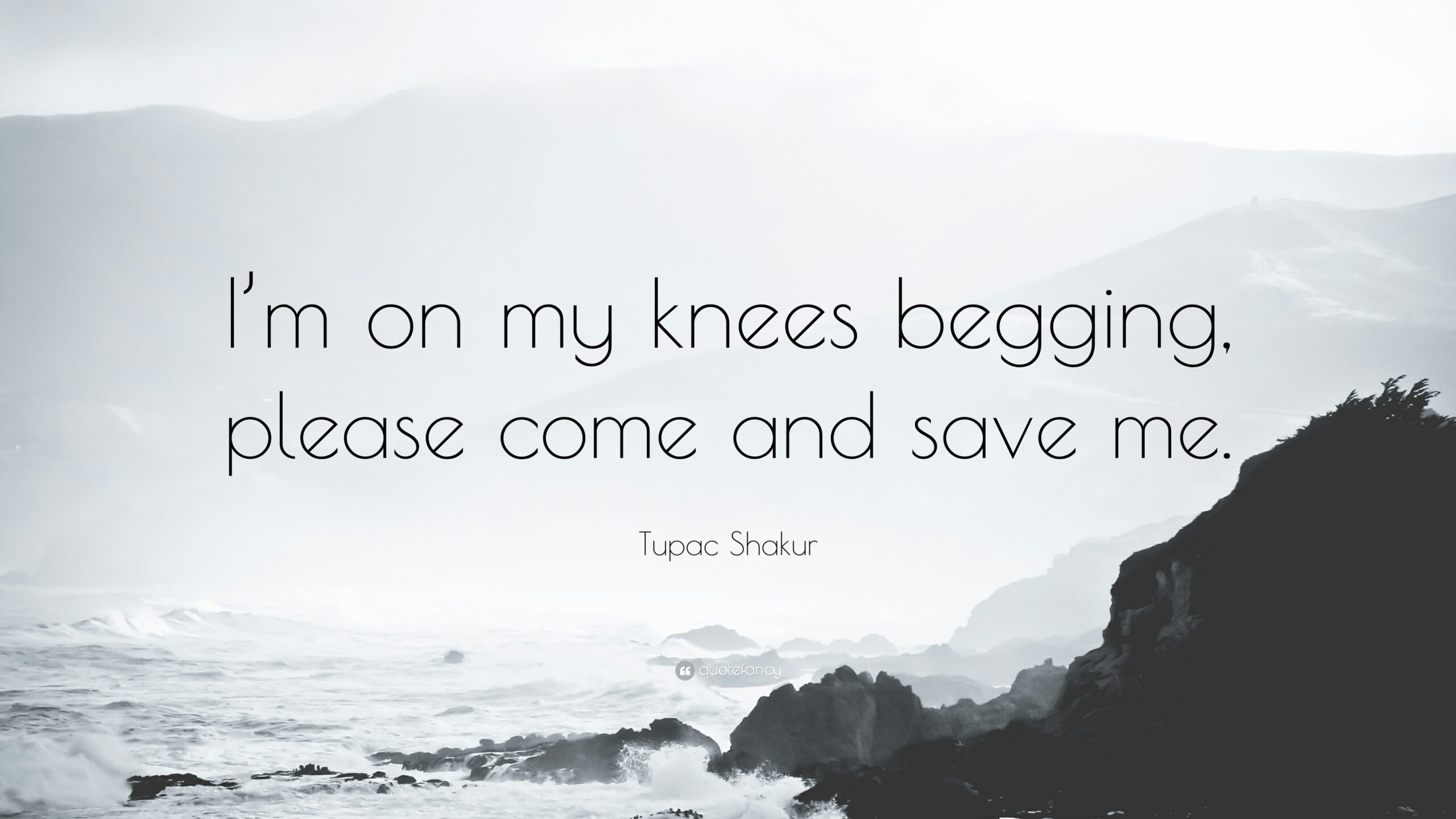Lenten Devotional: Sat, Feb 27: IS
In these Beatitude statements, the ‘to be’ verb is open-ended. It is not past tense. It is not even present-tense. Nor is it conditional. It creates the world by declaring it as accomplished. In fact, as Maxie Dunnan and Kimberly Dunnan Reisman write, “Originally there was no verb in the Beatitudes … ‘are’ … did […]

